
- Diplomatic News
Addressing a painful past: Blacks and whites confront family legacies of slavery
- Diplomatic News
- 22 February, 2021 13:28:49
News Desk: In Martin Luther King Jr.’s famous 1963 “I Have a Dream” speech, he predicted that “the sons of former slaves and the sons of former slave owners will be able to sit down together at the table of brotherhood.”
Americans who are aware of their ancestors’ roles as slave or slaveowners have had a difficult time living up to King’svision because the issue of slavery and the years of racial inequality that followed it is even more sensitive when people can connect them to their own family.
Since 2005, the program Coming to the Table, based at Virginia’s Eastern Mennonite University, has been working to bring these black and white descendants together in a spirit of reconciliation and dialogue. The first step is often the hardest.
When Betty Kilby considered meeting Phoebe Kilby in 2007, she questioned why she would want to meet the family of someone who had held her loved ones in bondage. Betty had challenged segregation in the 1950s as one of the first African Americans to attend a desegregated school in Virginia.
Phoebe was also apprehensive, wondering if Betty would be angry or even want to talk to her. But through their dialogue, a unique friendship has emerged, and their willingness to directly confront the past has helped both to better understand how slavery and its legacies remain relevant to today’s racial realities in America.
According to Coming to the Table’s website, “Segregation, unequal distribution of resources, unequal educational opportunities and beliefs in superiority and inferiority based on skin color can be traced to the institution of U.S. slavery and the beliefs that supported its creation and legalization.”
The program adds: “It’s in the interest of all Americans to understand and face the past in order to create a sustainable future for the next generations.”White participant Will Hairston says the program has helped him work through his own feelings of shame and fear of black anger and better appreciate the African-American legacy of overcoming adversity.
“I believe that Martin Luther King showed us the way to build peace. He didn’t just do it in the face of long-ago, lingering pain from 100 years ago. He did it in the face of extreme violence, literally right at his doorstep. He showed us that through loving your enemies you can redeem and transform them,” Hairston said.
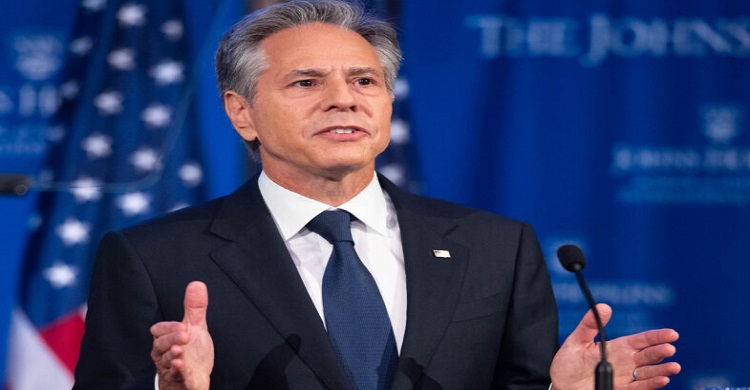
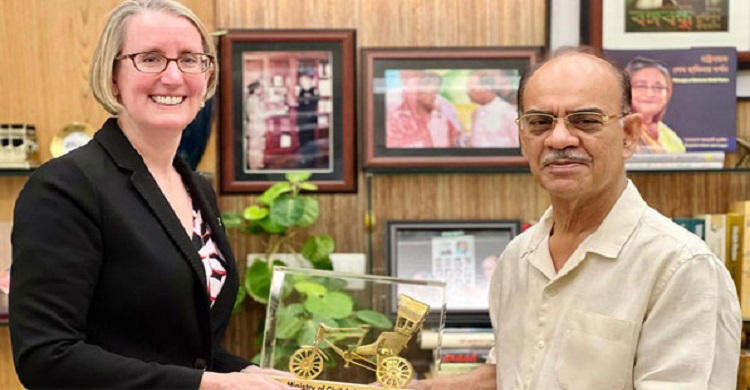


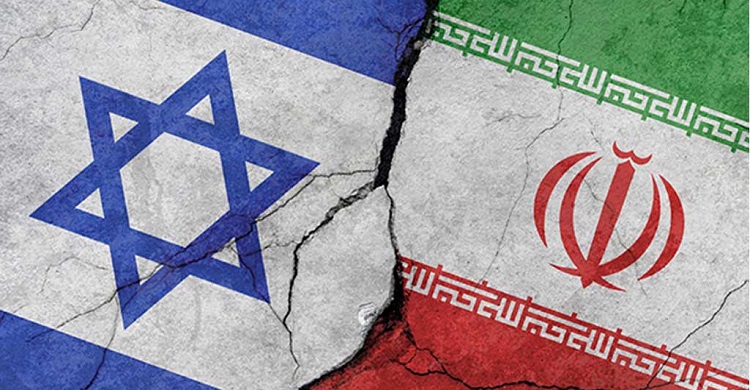
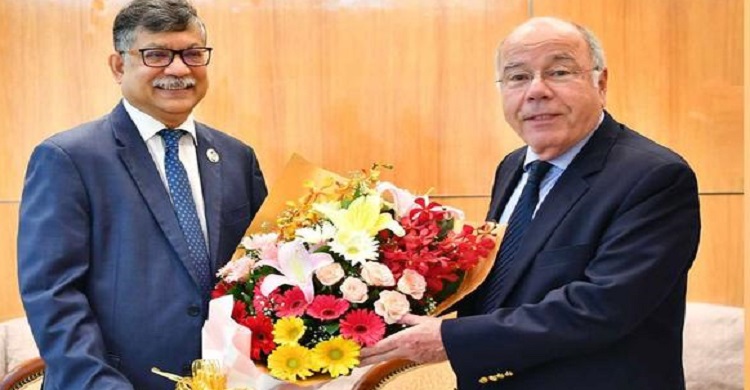
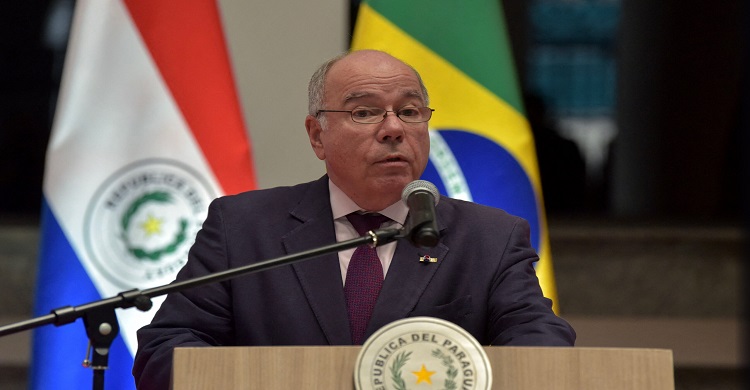
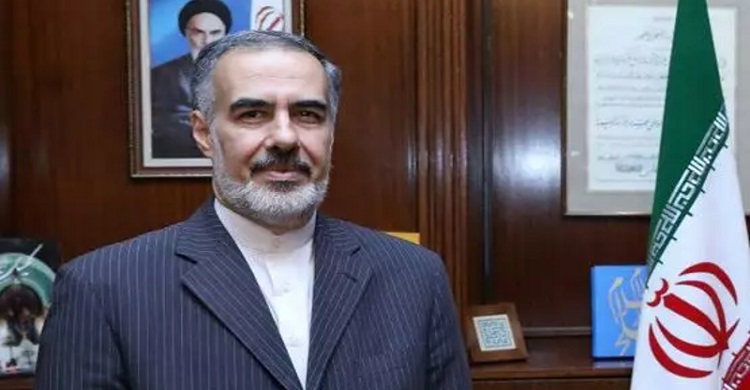

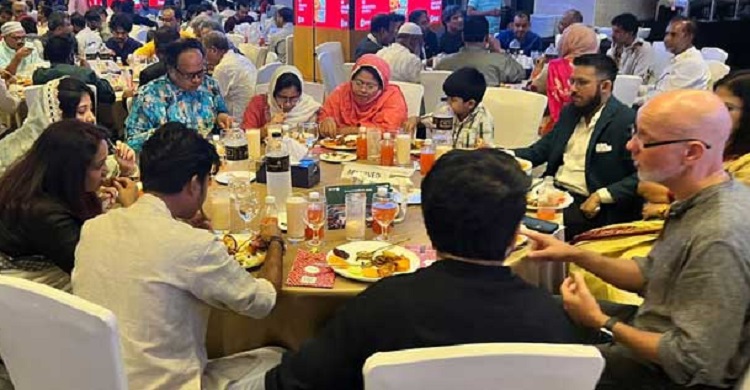
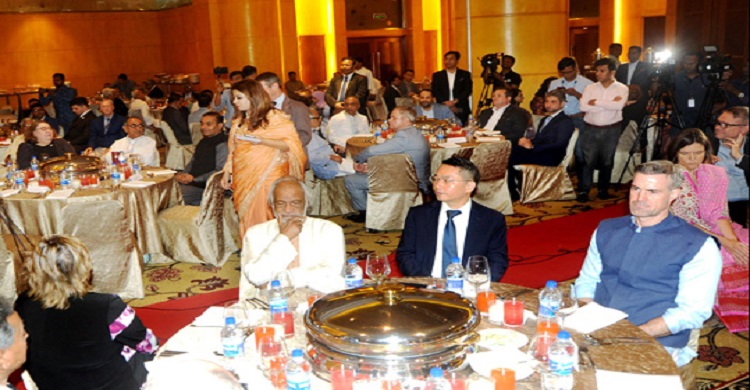
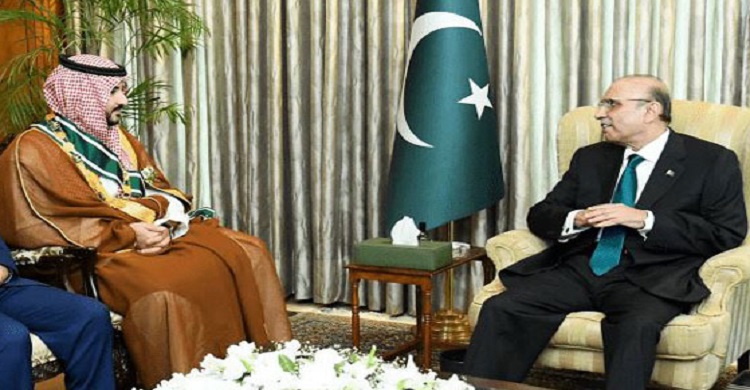
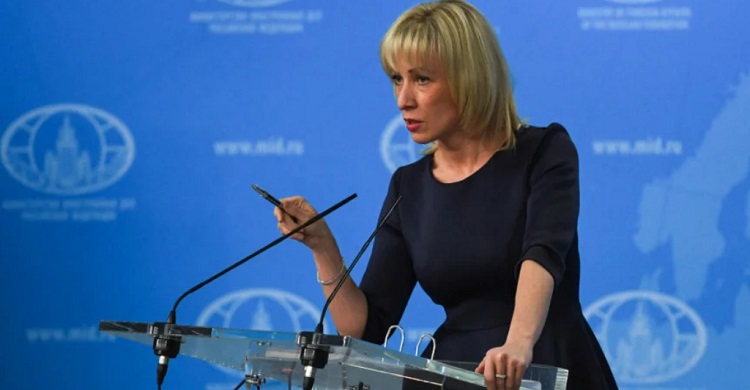
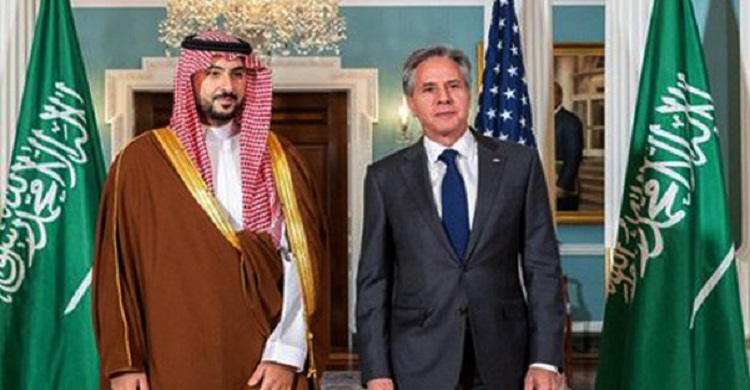
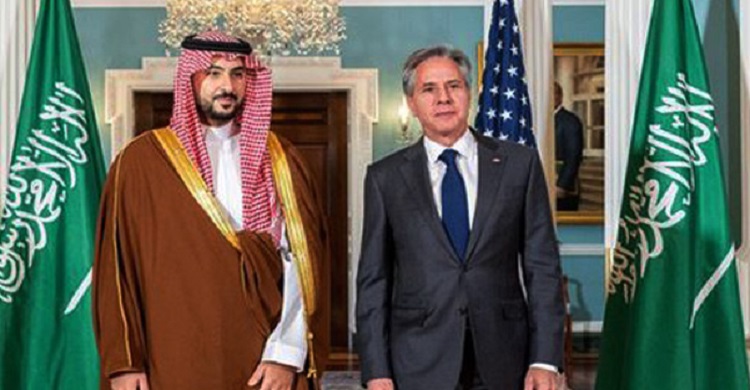

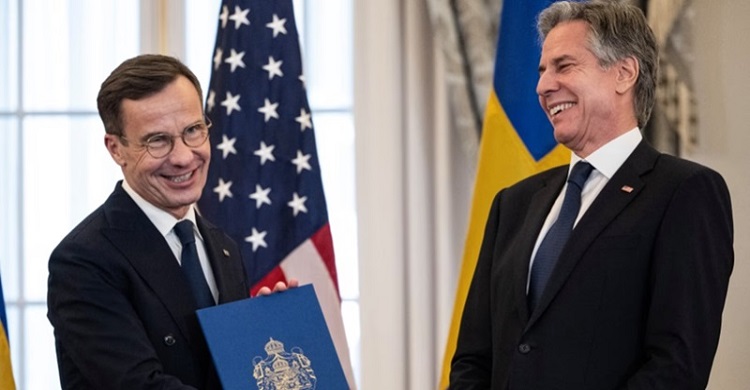
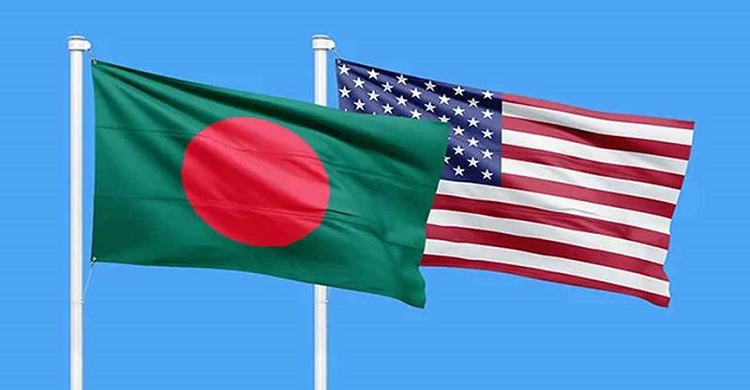

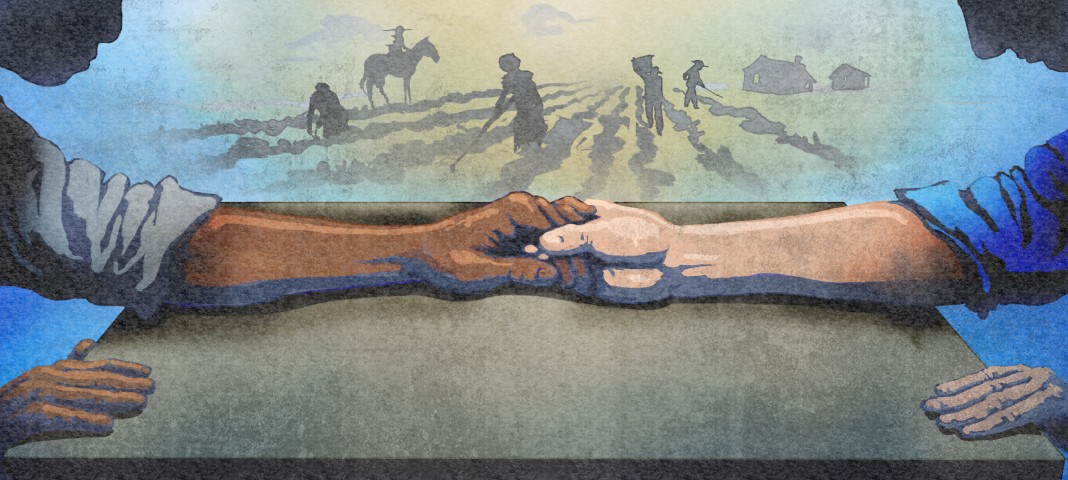


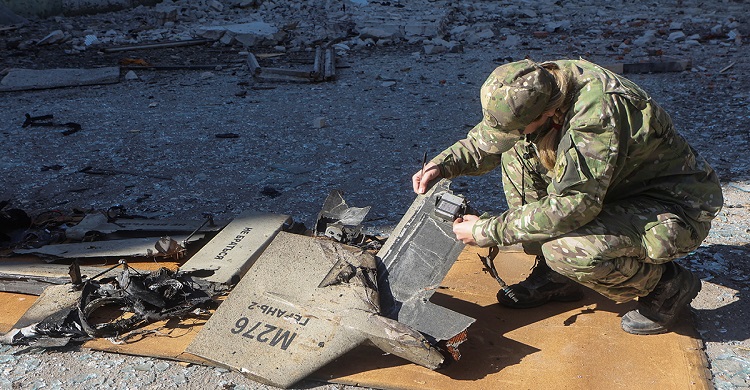





Comment ( 0)